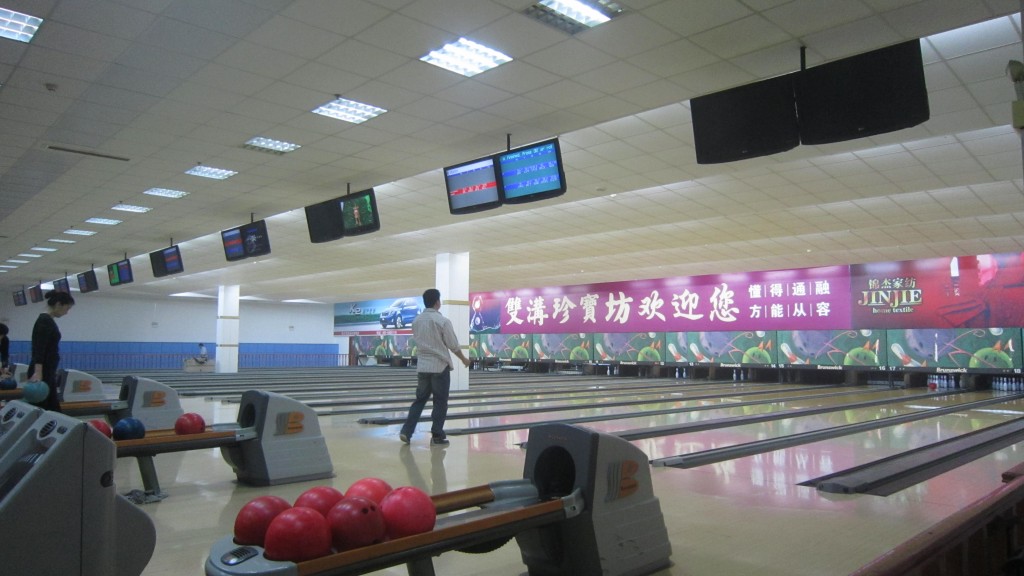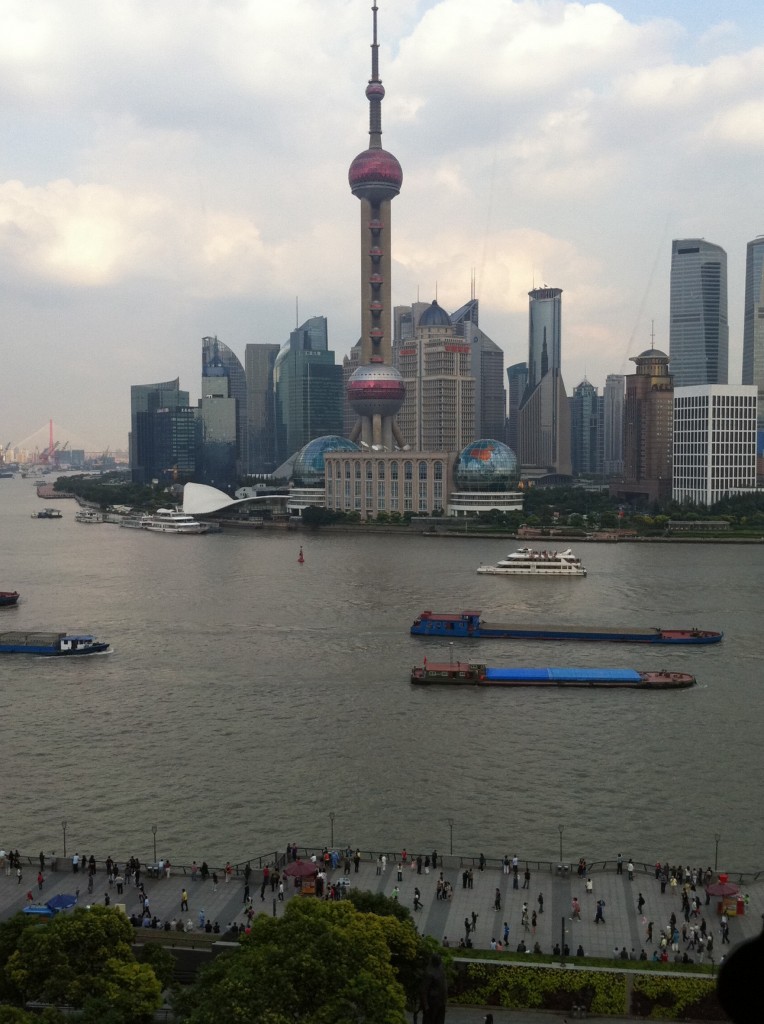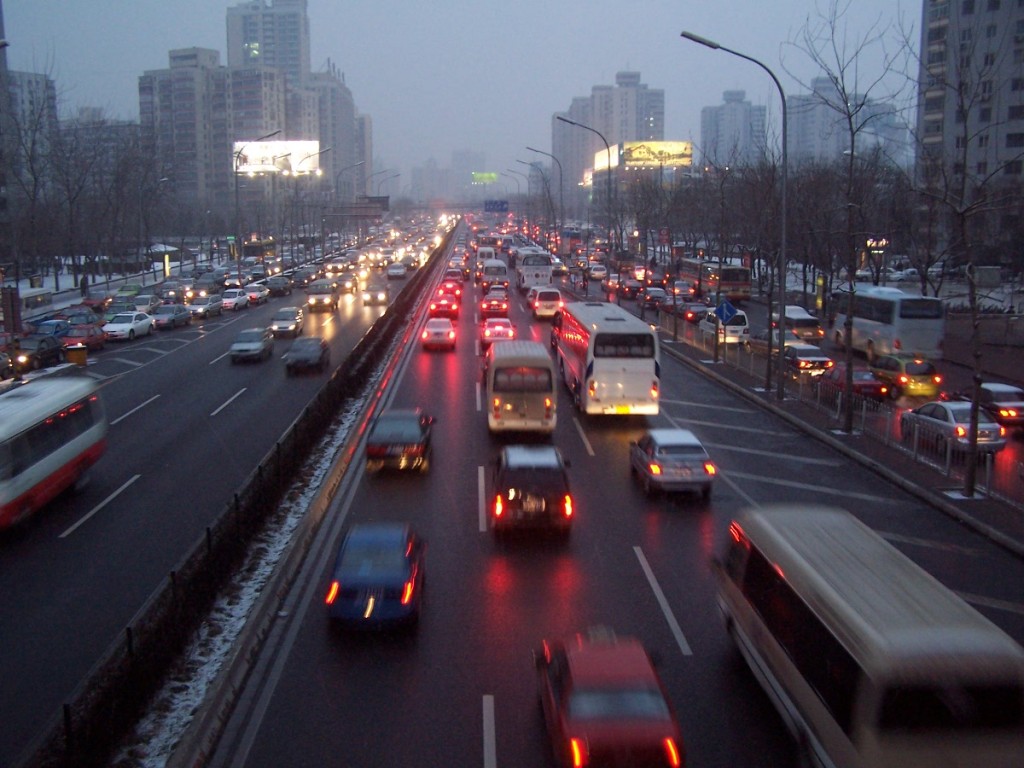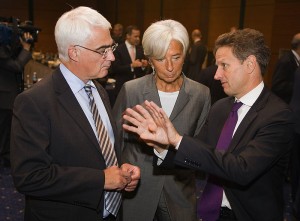 Plane rides are always good for something. This plane ride to Cannes – via Frankfurt – and then down to the Cote d’Azur airport in Nice – was valuable in part to catch up on some reading on global summitry. Getting energized for the G20 Summit here in Cannes.
Plane rides are always good for something. This plane ride to Cannes – via Frankfurt – and then down to the Cote d’Azur airport in Nice – was valuable in part to catch up on some reading on global summitry. Getting energized for the G20 Summit here in Cannes.
We’ll get to the summit probably by the next blog installment or so – and I suspect that this won’t be a pretty summit. But first a few thoughts on a couple of interesting pieces from colleagues thinking about the G20 and global summitry more generally.
First Bruce Jones the Director of the New York University Center on International Cooperation. Bruce just recently completed a piece – a Policy Analysis Brief (PAB) – called “Beyond Blocs: The West, Rising Powers and Interest-Based International Cooperation” for the Stanley Foundation. While Bruce has a fair bit to say on the G20, his analysis does extend to a more general assessment of contemporary global governance.
Bruce focuses on managing the global order. And he asks the question: “Can we do better?” For Bruce the concern is that it remains unclear whether the powers will be able to manage – let’s even say improve – the management of the global order , or will the liberal order that has served global governance well – led to decades of economic growth and also the avoidance of war may be eroded by the competition among the powers as new rising powers emerge.
I think that Bruce’s answer is in the affirmative:
If we can resist both the “we’re all in this together” optimism of the global financial crisis and the pervasive pessimism of 2011 -[including the rising US-China tensions] – the evidence suggests that there is still room for a strategy to forge a more peaceful and prosperous international order. The balance between cooperative and conflictual dynamics is not yet set.
Bruce is at his best in analyzing the presumed blocs most particularly the West and the Rest. It is evident – and well analyzed by Bruce – that the current system is not yet deeply cleaved between the traditional G8 and the Rest including the large emerging market states – the BRICS. On different issues the coalitions that have formed have found the US with say Russia, India and China on questions of combating Al Qaeda and other forms of terrorism – and at loggerheads with the Europeans over the question of the application of international legal and human rights standards. Yet on humanitarian intervention the United States have been on opposite sides to China, India and Brazil and with some if not all the Europeans.
Indeed Bruce suggests that there is a continuum of issues from those where there is strong capability of collaboration – say anti-terrorism to cooperative/competitive issues such as economic and finance to contentious issues such as regional security or security of supply for energy and human rights and rights-based intervention. The obvious point I suppose is that the powers should stay for now at the end of the continuum where cooperation is more likely.
The other point that Bruce makes is that the US especially needs to avoid trying to simplify the system by identifying those that are friends and those that are foes. As Bruce argues: “The minute we start forming rigidly aligned blocs or devising strategic arrangements to contain China, our options are dramatically narrow.
Thus for Bruce the package is clear:
- keep it complex;
- focus along the continuum of agenda items toward the cooperative and away from the contentious;
- put a premium on building patterns of cooperation and tools for effective governance in the realm of the global economy and global finance;
- complement these with cooperation on shared security issues such as transnational threats; and
- build ever closer bilateral relations with some of the large emerging market powers such India and Brazil.
Avoiding distinct global alignments is the key for Bruce but I wonder whether that is good enough to enhancing a peaceful and prosperous international order. I suspect that the working around the China relationship will not be good enough and that China remains the key to advancing the international order. And if China is the key then the agenda and the nature of the collaborative behavior will need to be different that what Bruce has suggested.






